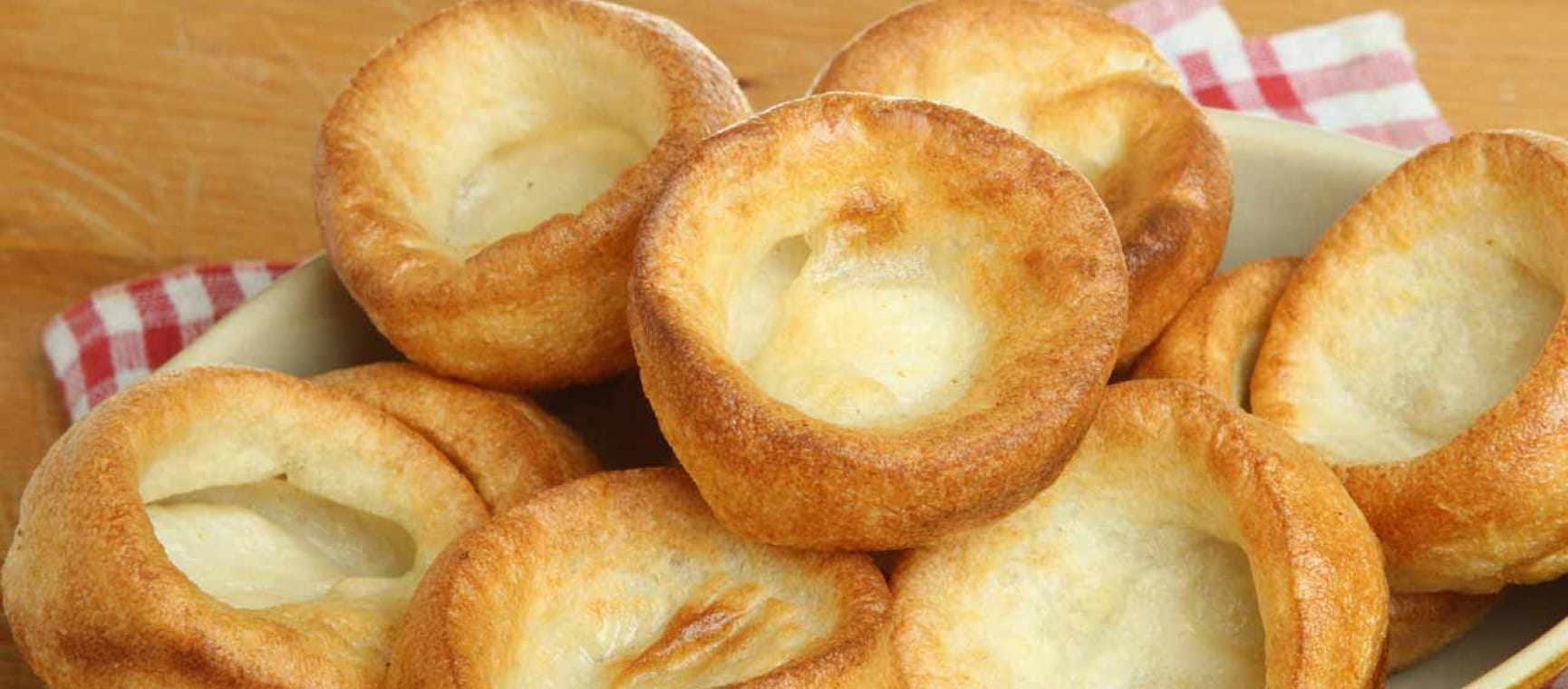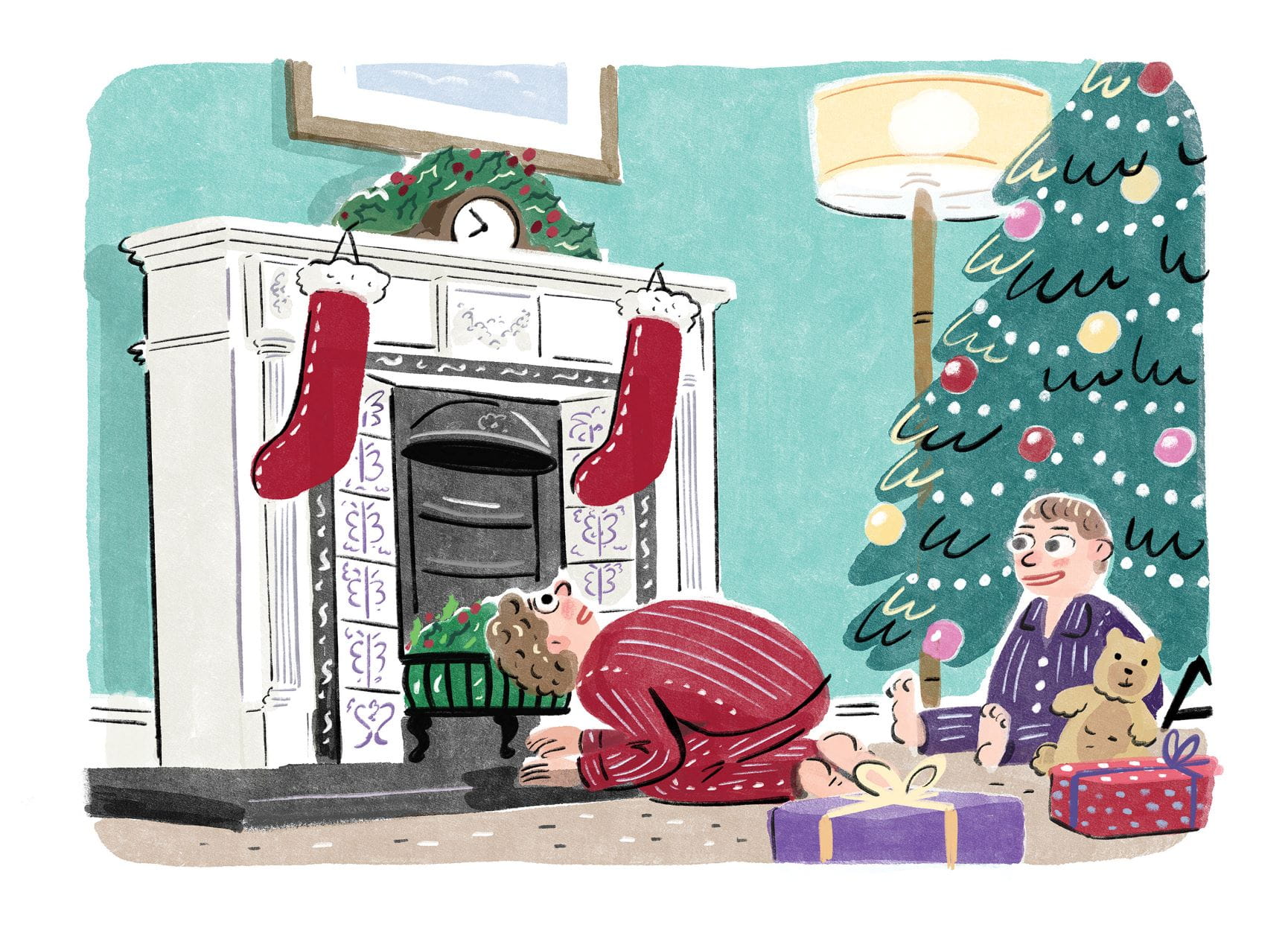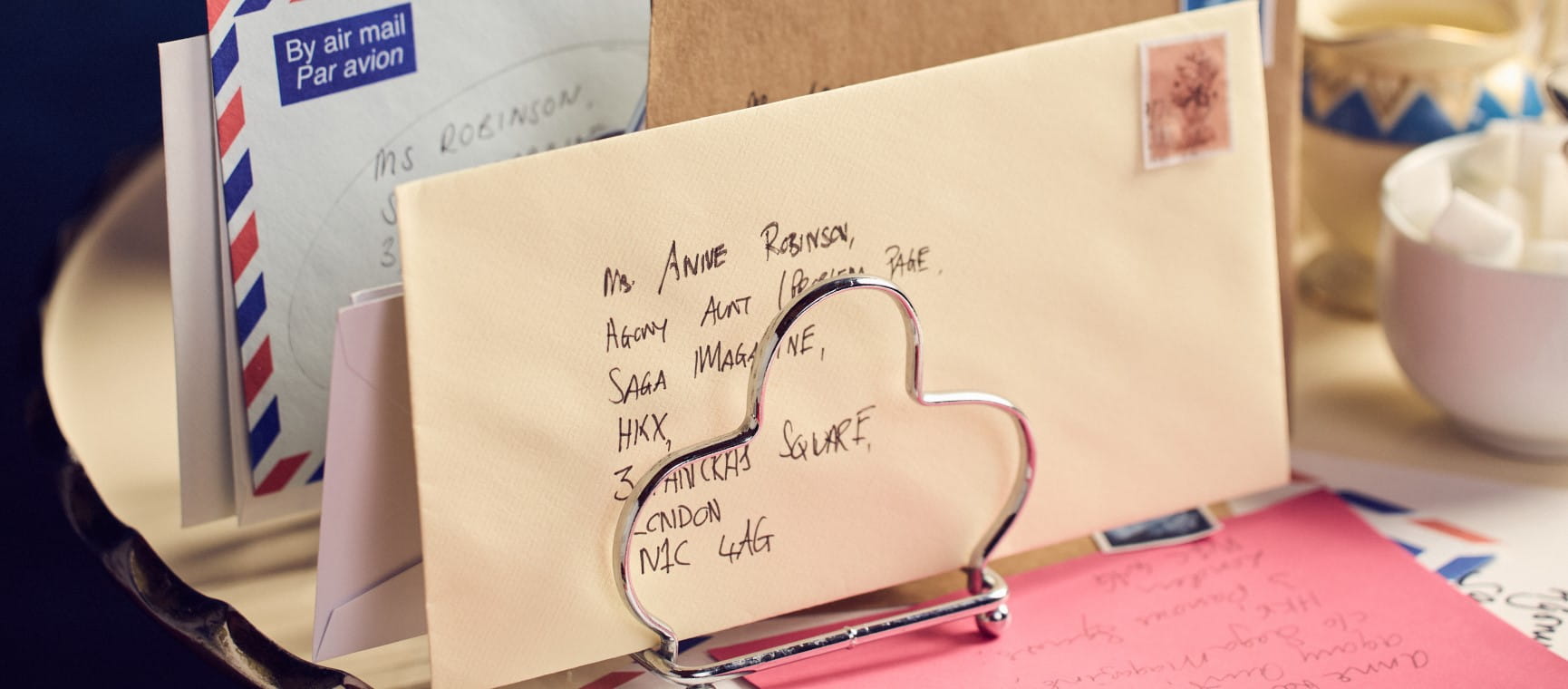What to do if you’ve overindulged at Christmas
We've got expert advice on how to soothe your stomach and body if you've overindulged on food and alcohol this Christmas and New Year.

We've got expert advice on how to soothe your stomach and body if you've overindulged on food and alcohol this Christmas and New Year.

We’re all prone to a little overindulgence over the festive season, but rich food and overeating can play havoc with our digestion, often leaving us feeling bloated and a bit uncomfortable.
It’s not surprising because on average we will have consumed 6,000 calories on Christmas Day alone – that’s nearly three times our daily norm.
As a result, the holiday season can create more tummy troubles than the rest of the year, so here's my advice as a registered nutritional therapist on what to do if you've eaten or drunk too much during the Christmas or New Year celebrations.
Most of us have overindulged at Christmas, which puts tremendous pressure on the digestive system. Our festive food is often a lot richer than normal, such as creamy sauces and heavy puddings, which can trigger heartburn, reflux or make IBS symptoms worse.
Many of us are also drinking more alcohol when we eat – whether it’s prosecco at a party, red wine on Christmas Day or champagne on New Year's Eve – and this dilutes stomach acid, making it harder to properly digest our food.
Though festive food and drink can be tough on the digestive system, it doesn’t have to be this way.
I’ve got some great tips to help save your gut this season - and it's not too late to try them.
The first step in the digestive process is often overlooked, but it’s a really important one. Known as the cephalic phase of digestion, it’s triggered when we see or smell food. We literally whet our appetite.
When we start thinking about the delicious food we are going to prepare, our digestive juices start to flow.
The saliva we generate contains enzymes which help to break down our food more easily, so when the time comes to eat, we are actually ready to start digesting food before we’ve even had the first mouthful!

This may sound easy, but we’re often too busy – particularly over the festive period – to actually take the time to do this.
Mindful eating is something I work on with all of my clients. Slow down and take your time – enjoy this delicious food, and your body will digest it more easily.
Remember what Gran used to say? Well, she was right. Chewing your food (the second phase of digestion) is key when it comes to good gut health.
With proper chewing, you are breaking down the food into smaller pieces mechanically, giving us a greater surface area for the digestive enzymes to work more easily. But, if you’re not chewing properly, it’s highly likely that you’re not digesting your food well, which means you won’t be absorbing those vital nutrients either.
Not chewing also means the food you eat takes much longer to break down, and, as it hangs around in your digestive system, it can start to ferment, causing uncomfortable wind, gas, and bloating.
How much should you chew? Well, that depends on what you’re eating. I advise clients to chew the food enough so that if someone asked you to spit it out, they wouldn’t recognise what you had been eating.
Sales for heartburn tablets are through the roof because many people wrongly assume that their digestive troubles are down to too much stomach acid.
What we often find in clinic, however, is the total opposite. Ageing, chronic stress, and some over-the-counter medicines can lower your stomach acid levels so that you don’t produce enough to digest food sufficiently.
Why is this important? The stomach acid you produce not only kills any bacteria in the food you are eating, but it also helps to break down the protein in your meal. If you’re not properly digesting the protein part of the food, it can start to ferment, creating gases that force open the oesophageal sphincter muscle (a type of muscle flap) and what little stomach acid there is can escape.
The burning feeling, especially if accompanied by smelly gas, can be a sign your digestion isn’t working as well as it should be, something that often happens when we’ve overindulged at Christmas.
One solution is to have a teaspoon of apple cider vinegar before each main meal. It’s important you choose apple cider vinegar with ‘mother’, rather than one you pop on your chips.
There are people who genuinely produce too much stomach acid and, if you try the apple cider vinegar trick and it seems to make things worse, you can neutralise it by taking a little bicarbonate of soda.
When you walk shortly after you’ve eaten, magic starts to happen. To start, a gentle walk lowers your blood sugar levels, so your body makes less insulin. As insulin is the fat-storage hormone, taking a gentle stroll for 15 minutes makes you less likely to store fat and gain weight.
According to research, walking can also help you digest your food better. This is because a gentle walk increases the speed at which the food moves through the digestive system.

If you’ve overindulged at Christmas or are heading out for New Year celebrations, these are my tips on how to help recover from a few too many drinks.
(Hero image credit: Shutterstock)
Alex Allan is a Registered Nutritional Therapist, Certified NLP Practitioner and Certified Health Coach.
With more than 20 years experience, her nutritional advice has been featured on Channel 4, national newspapers and magazines.

Some Saga holidays include soothing or spiritual activities like joining a traditional tea ceremony in Japan, practising yoga in India or bathing in Iceland’s Blue Lagoon.

Get 3 months free, plus a £125 Totally Rewards Wellness Gift Card when you start a new policy by the end of 19 February 2026. T&Cs apply.
Underwritten by Bupa Insurance Limited.

Ingenious speakers, brilliant earbuds, nifty note takers - our expert picks his top tech gifts.


Our choice of the 6 best cookbooks to buy for Christmas, filled with delicious inspiration.

If you want your home to look festive rather than frightful, we have the best advice on how to dodge decorative disasters.

From “bauble-bearers“ to festive “wambling” our lexicographer has a host of words that capture the spirit of Christmas.

Our money expert looks at your choices, from giving money to setting up a pension.


Crisp and golden, a Yorkshire pudding is essential for a great Sunday roast. Try our super-easy recipe.


We review the best supermarket Christmas puddings available in 2025, with selections from the likes of Asda, Morrisons, Tesco and M&S.



Are Christmas cards going out of fashion? Not according to our survey.
